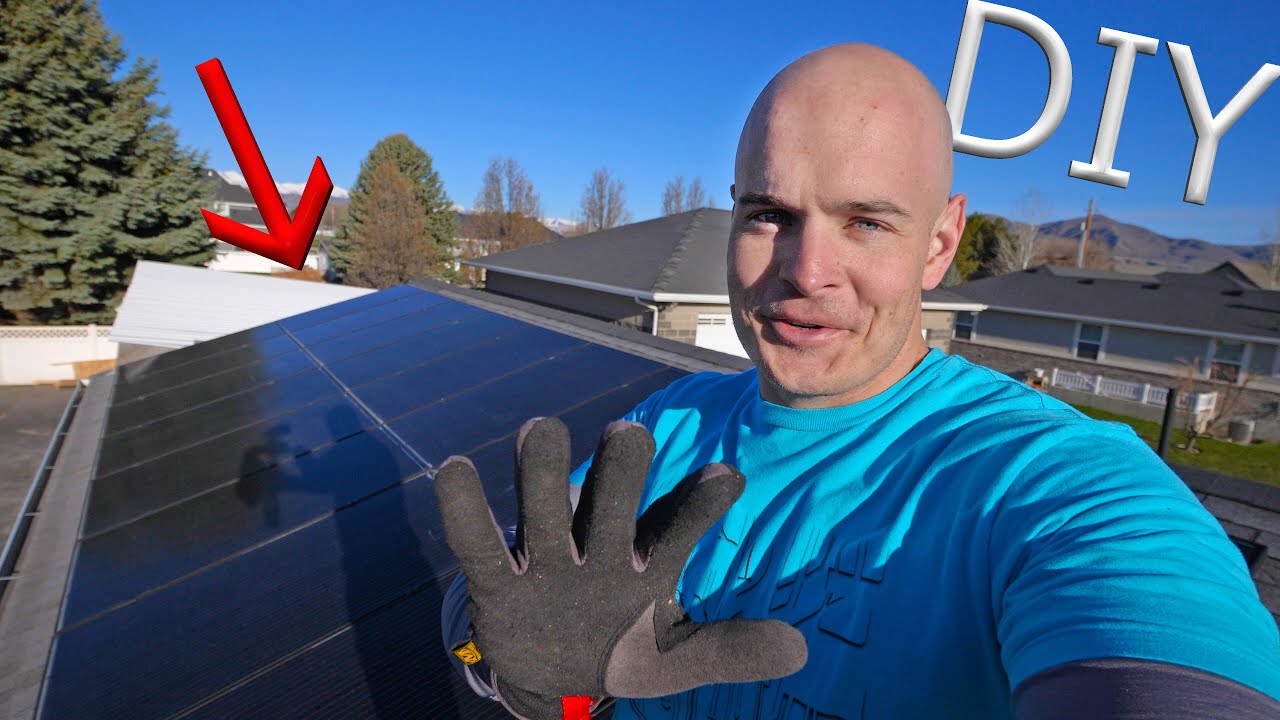For the adventurous type: DIY solar panel installation
Disclaimer: DIY solar panels can be an option for people familiar with these projects, however there are risks associated that you should consider before embarking on such a project. Check with local codes and consider hiring a pro for big projects.DIY solar panel installation.
Understanding the Basics for DIY solar panel installation
Now, before you get too excited about installing your very own DIY solar panels there are some key elements that you need to understand:
Solar Panels: These are responsible for converting sunlight to direct current (DC) electricity.
Inverter: It is a device which transforms Direct current to Alternating current, you can use it as home usage.
Mounting System — This holds the solar panels up on your roof or ground.
Wiring. * Wiring connects the solar panels, inverter and electrical panel.
Let us help you understand structure gas line installation:Local misjudgment and rules are needed.
Necessary Tools and Materials: DIY solar panel installation
Screwdriver
Drill
Level
Measuring Tape
Wire Strippers
Cable Connectors
Protective Equipment (PD gloves, glasses, for example)
Solar Panels
Inverter
Mounting Hardware
Wiring
Conduit
EXACT STEPS FOR A DIY SOLAR PANEL INSTALL
Planning and Design:
Based on this, assess your energy requirements and the dimensions of the system.
Working out the position of your solar panels, including roof direction & shadow.
Acquire all the permits and approvals required.
Roof Preparation:
DISINFECT YOU ROOF TO GET RID OF DEBRIS AND HAVE A FIRM SURFACE.
Check Your Roof For Damage Or Structural Impairment
Mounting the Panels:
Install the mounting system with help from the manufacturer.
Attach the solar panels to the mounting system with its hardware
Wiring the Panels:
The solar panels are to be connected in series and parallel into strings.
Hook the strings upto inverter
Installing the Inverter:
The inverter should be mounted indoors in a dry cool area.
Step 7: Link the inverter With the solar panels + Home electrical panel
Electrical Connections:
Options IncludeConnect your inverter to your home electrical panel in compliance with local luminating codes.
SEEK OUT AN ELECTRICIAN IF WARRANTED
**System Testing
Safety First:
How to handle electricity safely: First, always safety.
Roof Safety — Observe proper safety and roof handling procedures,
Regulatory compliance- All local building codes, electrical codes will have to be followed.
Conclusion:
Yes, putting solar panels up on your property can be the most gratifying project you take on, but know that going the home improvement route requires some expertise and thought. If you are uncertain about any step, it is far better to risk the mistake of the call a pro solar installer than taking such action yourself. Do these things, safely and bask in the power of the sun, while doing your part not to permit a superior Earth.
